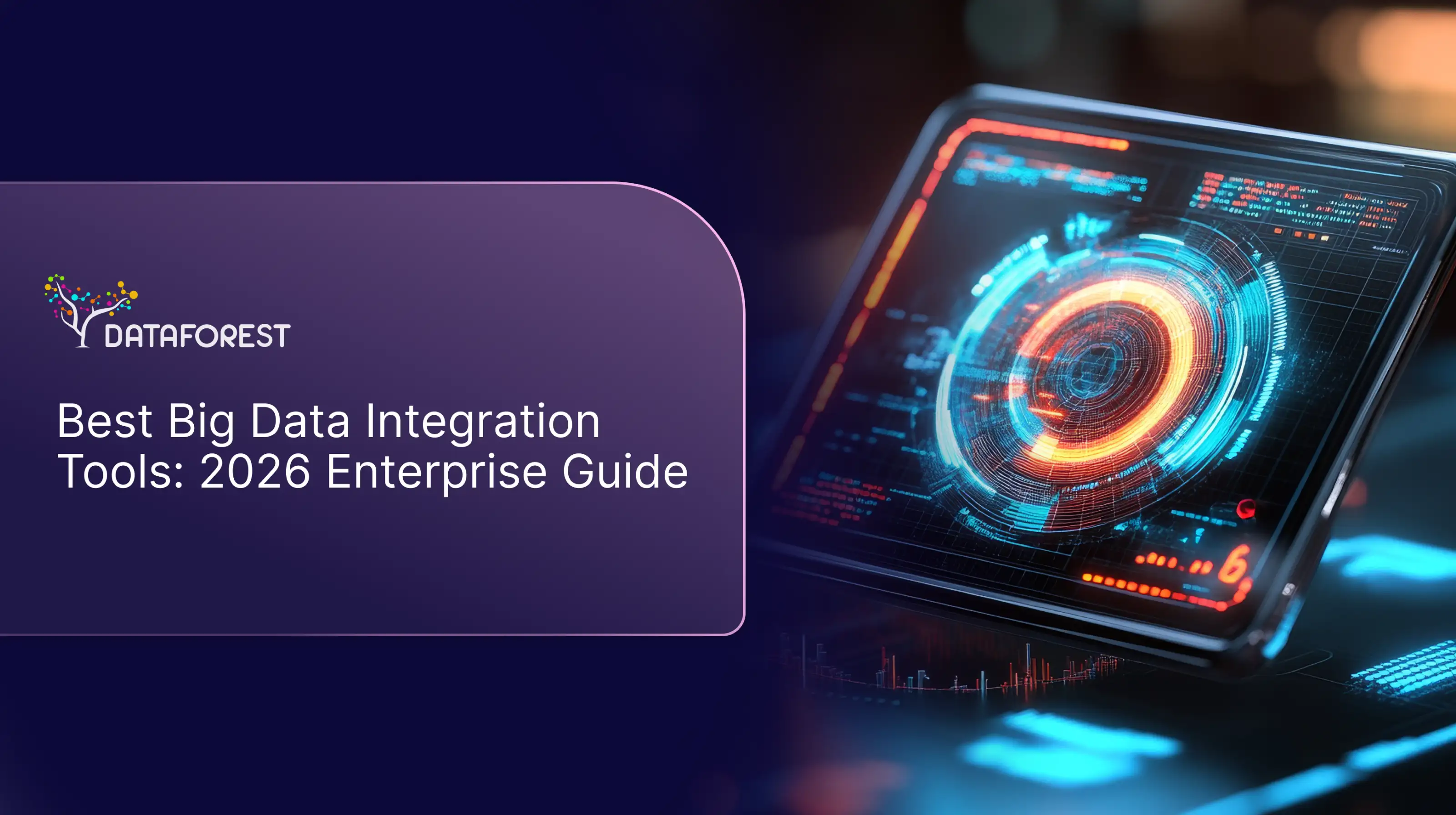Share
Table of contents:
A Data Catalog is a centralized, structured, and organized inventory of data assets within an organization. It provides users with a clear, searchable, and reliable overview of available datasets, enriched with metadata, to simplify the process of finding, understanding, and using data. In modern enterprises where data is spread across databases, data warehouses, data lakes, and cloud environments, a data catalog becomes a critical tool for improving data discoverability, governance, quality, and compliance.
By combining metadata management, search capabilities, and user collaboration features, a data catalog empowers business users, analysts, and data scientists to make data-driven decisions faster. It also ensures that data assets are trustworthy, standardized, and aligned with governance policies.
Core Characteristics of a Data Catalog
- Metadata Management
At the core of any data catalog lies metadata—the descriptive information about data assets. Metadata includes technical details (such as file type, format, and source), business context (such as definitions and usage), and operational insights (like lineage and quality metrics). By managing metadata effectively, a catalog helps organizations understand where their data comes from, how it evolves, and how it is being used across workflows. - Search and Discovery
One of the most valuable functions of a catalog is enabling quick discovery of datasets. Instead of manually browsing multiple systems, users can rely on keyword search, contextual search, and AI-powered recommendations. These features ensure that employees spend less time looking for data and more time analyzing it. - Data Governance and Compliance
Organizations face increasing pressure to comply with data regulations such as GDPR, CCPA, and HIPAA. Data catalogs support governance by embedding policies into the catalog itself—managing permissions, controlling access, and enforcing security standards. This reduces compliance risks and ensures safe handling of sensitive data. - Collaboration and Knowledge Sharing
Data catalogs go beyond technical functionality by promoting collaboration. Users can annotate datasets, provide reviews, and share recommendations. This community-driven approach improves the reliability of data assets and fosters a culture of trust and knowledge sharing across teams. - Automation and Machine Learning
Modern catalogs use machine learning algorithms to automate repetitive tasks such as data classification, tagging, and relationship detection. AI-driven features enhance search accuracy, improve recommendations, and reduce the manual workload of data stewards.
- Integration and Accessibility
A high-quality data catalog integrates seamlessly with different systems, including relational databases, cloud storage, SaaS platforms, and big data tools. This centralized view ensures that all organizational data—no matter where it resides—is accessible and properly governed.
Functions of a Data Catalog
- Improving Data Quality
By collecting metadata and feedback from users, catalogs highlight inconsistencies, duplication, and errors. This proactive monitoring helps organizations enhance the accuracy and reliability of their datasets. - Boosting Operational Efficiency
Employees often waste valuable time searching for the right data. A catalog reduces this friction by making datasets easily searchable and well-documented, increasing overall efficiency in analytics and reporting. - Supporting Compliance and Risk Management
With built-in audit trails, role-based access controls, and governance workflows, catalogs reduce risks associated with data misuse and security breaches. - Enabling Business Intelligence (BI) and Analytics
For analysts and BI specialists, catalogs ensure faster access to relevant datasets, complete with contextual information. This accelerates reporting, dashboard creation, and insights generation.
- Empowering Data Science
Data scientists can use catalogs to quickly identify high-quality datasets for training machine learning models and running advanced statistical analysis. A well-maintained catalog reduces data preparation time and increases the accuracy of results.
Why is a Data Catalog Important?
In the age of big data and AI, organizations generate massive volumes of structured and unstructured data every day. Without a proper system for organizing and governing these assets, data becomes siloed, underutilized, or even risky. A data catalog solves this challenge by providing:
- Discoverability – making all datasets easy to find and understand.
- Trustworthiness – ensuring that users rely on accurate, approved, and high-quality data.
- Compliance – embedding governance and regulatory standards into daily data operations.
- Efficiency – reducing wasted time and enabling faster decision-making.
- Innovation – supporting advanced analytics, predictive modeling, and AI-driven projects.
Ultimately, a data catalog is not just a technical tool—it is a strategic asset for organizations that want to maximize the business value of their data while maintaining security and compliance.












